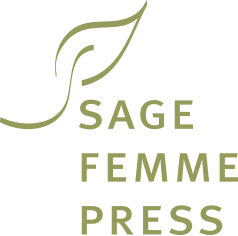I’m reading Colum McCann’s Thirteen Ways of Looking. It’s literary fiction, a mystery actually, certainly not a place I’d expect to happen upon this passage:
The poet must be open to the possibility that she has to go a long way before a word rises, or a sentence holds, or a rhythm opens, and even then nothing is assured, not even the words that have staked their original claim or meaning. Sometimes it happens at the most unexpected moment, and the poet has to enter the mystery, rebuild the poem from there.
Yes, finding the right word, phrase or sound. I typically spend hours, days, months on the hunt when I have a poem in draft. I consult my dictionaries (American Heritage and rhyming) and a thesaurus. I tune into random conversations or unrelated reading in search mode. I keep paper and pen by my bedside in case there’s a dream offering. And when there’s a breakthrough (the word ignore slid into consciousness the other day while I was recycling a stack of old papers—just the one I needed), the satisfaction is enormous. McCann put me in mind of a poem of mine that expresses how I felt on finding le mot juste in a poem by my fellow poet Cortney Davis.
Wisp
To Cortney
I lift the word from the heart of your poem
and set it down deep into mine.
It aligns perfectly—
the poet’s answer to a poet’s question,
your gift of life to my failed conception.
I am thrilled with my find—
this little wisp of sound, in itself
no more than a common noun
but think where it’s been,
the web of invention starting to spin.
